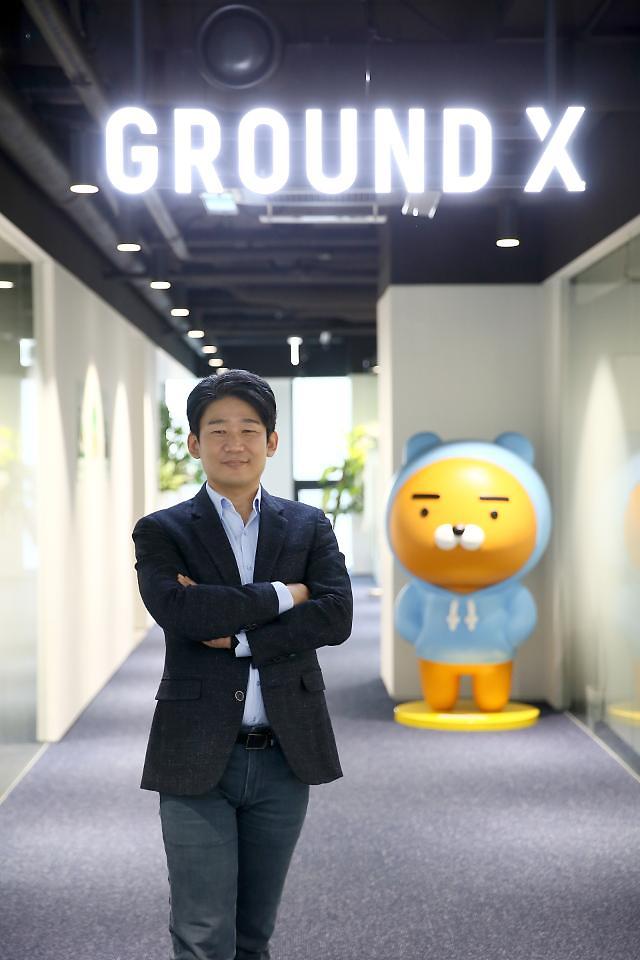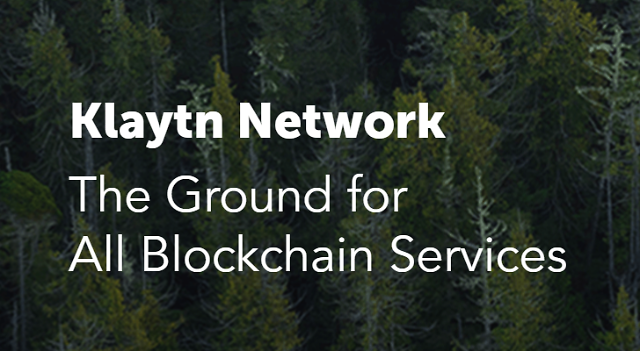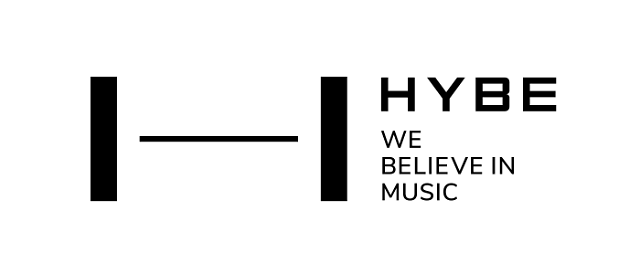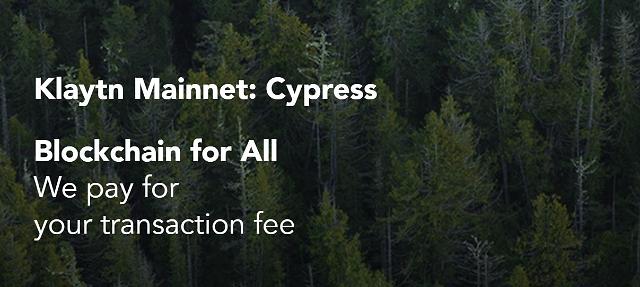
[Courtesy of Ground X]
There was no clear answer on whether the change in Ground X's business structure is designed to find a place with less regulations than the domestic market for the brisk activation of Klaytn. Or it is truly more interested in a non-fungible token (NFT) service.
Blockchain is a decentralized service that shares replicated and synchronized data geographically spread across multiple servers operated by countries or organizations. Each virtual ledger works as a verification tool, making it almost impossible to hack or manipulate. NFT can represent a unique digital file such as art, audio, video, and an item in video games. It is authenticated using a blockchain platform and provides proof of ownership.
Ground X has developed blockchain products that enable individuals and companies to issue and trade digital assets over blockchain, focusing on practicality for a popularized blockchain-based service to create applications that can actually be used by ordinary users. Klaytn will be aggressively developed and operated through its Singapore-based subsidiary, Krust.
"Independent business operations are needed to target the global market," CEO Han Jae-sun said in an interview with Aju Business Daily. As Klaytn will eventually be run by a decentralized foundation, Han's short-term goal is to put all his heart and soul into Klip Drops, an NFT art market service that provides a space for trading digital works or goods through cryptocurrency.
"Our goal is to become a global NFT leader," Han said, promising to offer domestic artworks as well as various IPs and content such as movies and webtoons in 2022. "We will actively target overseas markets. Starting with Southeast Asia, we are going to knock on the doors of North American and European markets."
Groud X chose "an all-in" strategy," Han said, suggesting NFTs will emerge as a highly competitive killer application. Previously, the company has released only digital works by leading Korean artists as NFTs, but Han changed his mind to introduce products from luxury brand companies and goods owned or created by celebrities as NFTs. In the first half of this year, an NFT virtual gallery will be built in the form of a website where artworks can be appreciated and purchased in the metaverse space. Curating will be introduced to select writers to showcase high-quality NFT works.
"It is meaningful to enter the global market with the domestic art community. We will show off the Korean power overseas with them," Han said. "The status of K-art is amazing. Real works such as monochromatic paintings are already popular overseas. As such, South Korea has strong content. There's nothing NFT can't do."

[Courtesy of Ground X]
"The Klip Drops service will be strengthened further with Kakao's strength in content. We will transform various content and IPs owned by Kakao into NFTs and release them through Klip Drops," Han said. Ground X probably gained confidence on January 12, when hundreds of short animation scenes from Solo Leveling, the webtoon version of a web novel serialized in Kakao's digital comic and fiction platform in 2016, were sold out quickly through Klip Drops to earn a total of 117 million won ($98,623) in the first case of selling Kakao content as NFT.
Unlike other services that focus on collection, Groud X hopes to do the job of selling culture, not just commerce. "Copyright problems may occur between writers and buyers, and Klip Drops basically signs a transfer contract between them. Through this, artists can safely protect their work and clarify their rights to buyers," said Han.
The key obstacle that Ground X has to overcome is how to secure distribution currency. Ground X would support domestic users to purchase NFTs with plastic cards within the first quarter of 2022, followed by payment with Ethereum, a decentralized, open-source blockchain with smart contract functionality, or tokens from other overseas blockchain platforms. Selling Klip Drops works will be possible on other blockchain platforms.
There is a high demand to purchase artworks in cash. In order to invite people who have never bought virtual assets. Han thinks cash payment should be allowed for those who wanted to buy paintings by well-known artists in the traditional art market. People who have already experienced virtual assets buy pictures for investment, while those who have no experience have a strong collector identity.
People can appreciate and enjoy artworks through offline exhibitions, virtual galleries in the metaverse world, and hardware devices like displays. In South Korea, there is a growing number of companies that have displayed NFTs in the lobby of their office building. Enjoying works through a metaverse platform is not very technically difficult, but it will take some time until people get used to it.
(This story is based on a Korean-language interview conducted by Aju Business Daily reporter Choi Eun-jong.)
Copyright ⓒ Aju Press All rights reserved.


![[INTERVIEW] Metaverse expert advocates self-regulation and follow-up management](https://image.ajunews.com/content/image/2021/11/03/20211103095753244342.jpg)

View more comments